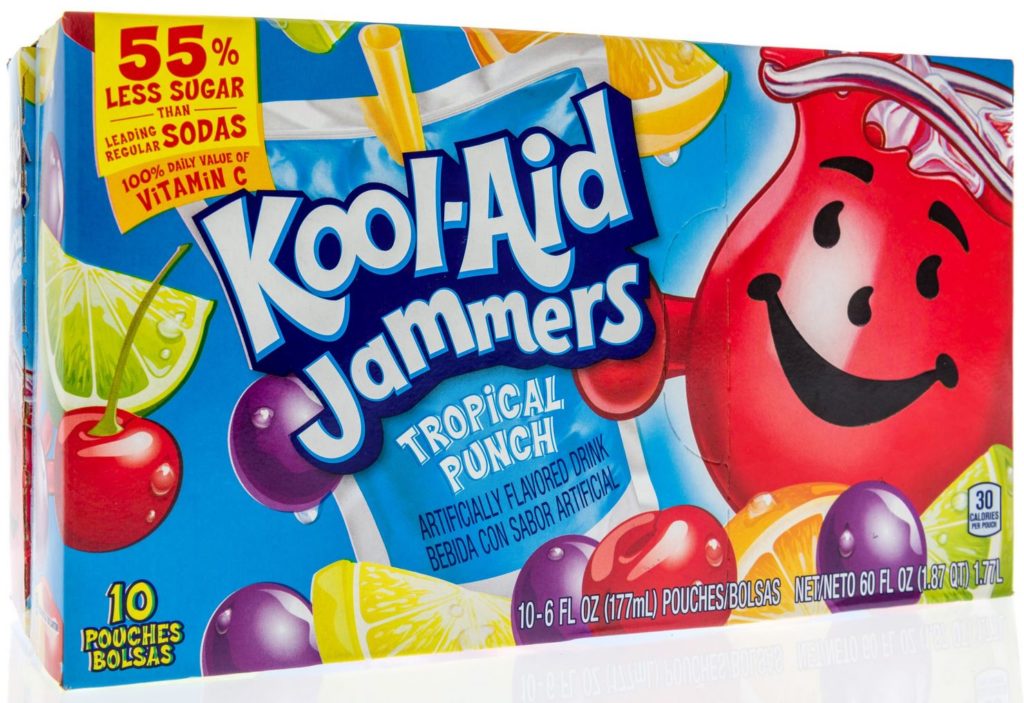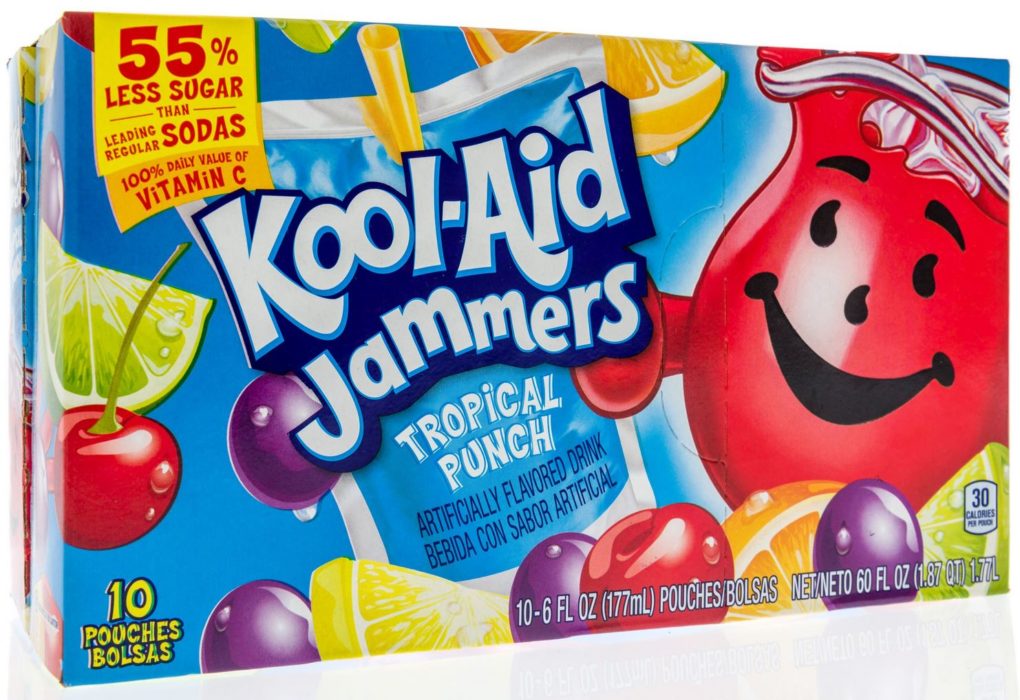Documents Expose How Tobacco Companies Hook Kids On Sugary Drinks
 By Arjun Walia
By Arjun Walia
- The Facts: Documents obtained by researchers clearly outline the unethical and immoral actions tobacco companies used to ‘hook’ kids onto sugary drinks. They use the same tactics they did for smoking.
- Reflect On: Why do (and have) our federal health regulatory agencies allow such products to be approved as safe for consumption when they are clearly linked to a variety of diseases, like cancer?
Many moves made by multiple big corporations are extremely unethical, immoral, and downright shocking. These corporations have completely compromised our federal health regulatory agencies, and it’s quite clear that they do not care about the health of the human race and will do anything when it comes to the success of the products they manufacture, including taking illegal and/or immoral actions.
One of the more recent examples comes from the tobacco industry. Companies within the industry used colors, flavors, and marketing techniques to lure and entice children as potential future smokers. They actually used and applied these same strategies to sweetened beverages starting as early as 1963, according to a study conducted by researchers at UC San Francisco.
Widget not in any sidebars
As the Sugar Scientists point out:
The study, which draws from a cache of previously secret documents from the tobacco industry that is part of the UCSF Industry Documents Library tracked the acquisition and subsequent marketing campaigns of sweetened drink brands by two leading tobacco companies: R.J. Reynolds and Philip Morris. It found that as tobacco was facing increased scrutiny from health authorities, its executives transferred the same products and tactics to peddle soft drinks. The study was published in the March 2019 issue of BMJ.
“Executives in the two largest U.S.-based tobacco companies had developed colors and flavors as additives for cigarettes and used them to build major children’s beverage product lines, including Hawaiian Punch, Kool-Aid, Tang and Capri Sun,” said senior author Laura Schmidt, PhD, MSW, MPH, of the UCSF Philip R. Lee Institute for Health Policy Studies. “Even after the tobacco companies sold these brands to food and beverage corporations, many of the product lines and marketing techniques designed to attract kids are still in use today.” (source)
The new papers, which are available in the UCSF Truth Tobacco Industry Documents Library, a subset of the UCSF Industry Documents Library, reveal the close relationships between the big tobacco and big food industries. In fact, in the ’60s and ’70s, these companies conducted taste tests with mothers and their children to evaluate sweetness, colors and flavors for Hawaiian Punch product line extensions. The children’s preferences were prioritized.
Kool-Aid Joins Marlboro
Meanwhile, tobacco competitor Philip Morris had acquired Kool-Aid, via General Foods, in 1985. The company flipped its marketing audience from families to children, created its “Kool-Aid Man” mascot, and launched collaborations with branded toys, including Barbie and Hot Wheels. It also developed a children’s Kool-Aid loyalty program described as “our version of the Marlboro Country Store,” a cigarette incentives program. (source)
“The Wacky Wild Kool-Aid style campaign had tremendous reach and impact,” said first author Kim Nguyen, ScD, MPH, who is also with the UCSF Philip R. Lee Institute for Health Policy Studies. “Lots of kids in the ’80s dreamed of getting swag from the Wacky Warehouse. What is really ‘wacky’ is that the Kool-Aid kid program was modeled after a tobacco marketing strategy designed to build allegiance with smokers.”
The tobacco giant also acquired Capri Sun and Tang, and used similar child-focused integrated marketing strategies to drive those sales.
“The industry claims that these tobacco-inspired marketing strategies are not actually targeting children and should be excluded from these industry-led agreements,” said Schmidt. “But the evidence cited in our research shows that these product lines and marketing techniques were specifically designed for and tested on children.” (source)
The UCSF Industry Documents Library was launched in 2002 as a digital portal for tobacco documents. Today, the library includes close to 15 million internal tobacco, drug, chemical and food industry documents used by scientists, policymakers, journalists and community members in their efforts to improve and protect the health of the public.
The Takeaway
At the end of the day, it’s important to recognize that government health authorities and the corporations we buy our food from, among other things, really don’t care about us. This has become extremely evident, as they are responsible for the sharp rise in numerous diseases. It’s not uncommon to see parents buy their children products similar to the ones listed above, and that’s due to mass brainwashing and the fact that we’ve been made to feel that these products are actually safe. This is why awareness is so critical.
Arjun Walia —
This article was sourced from Collective Evolution.
Subscribe to Natural Blaze for health freedom and natural living headlines to your inbox. Follow Natural Blaze on Twitter and Facebook.



